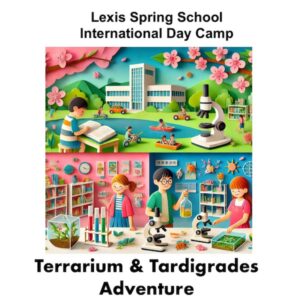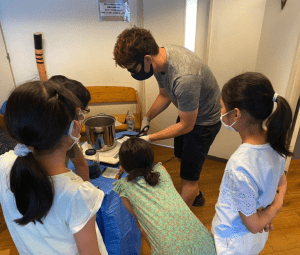帰国子女とは Questions and Answers: Returnee (Kikokushijo) Students 質問と回答 帰国子女について in 2025
質問と回答 帰国子女について
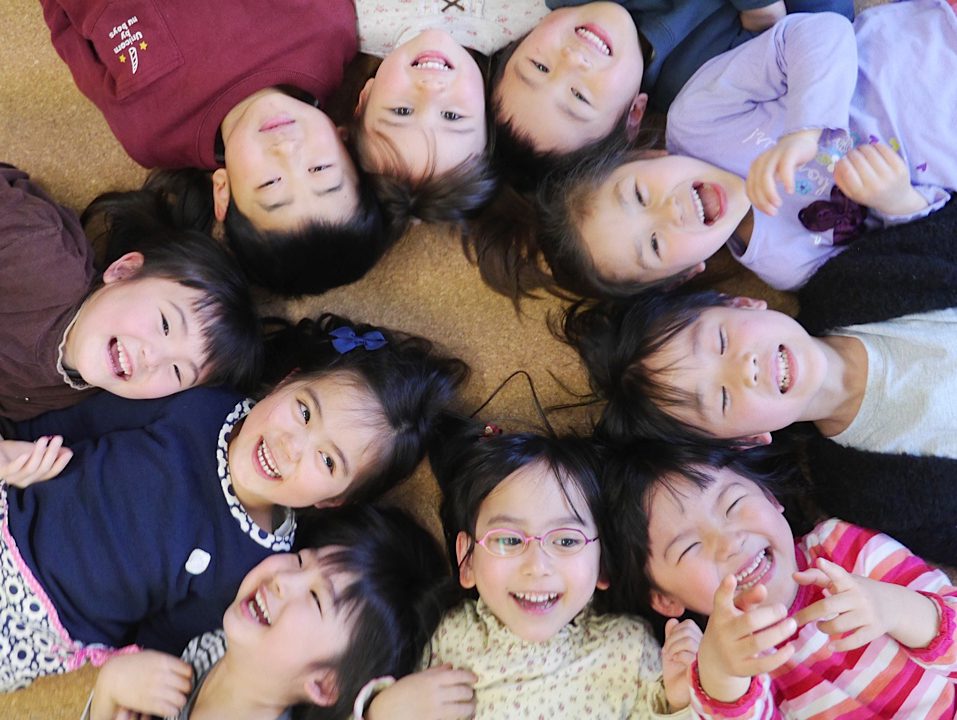

- 質問と回答 帰国子女について
- 質問と回答 帰国子女について (English)
- What are Kikokushijo?
- What kind of kikokushijo / 帰国子女 students are there?
- What are the characteristics of returnees?
- What kind of challenges do kikokushijo / returnees face?
- How can we help returnee / kikokushijo students?
- What kind of lessons do kikokushijo/ returnee students have at Lexis?
- Are there problems returnee / kikokushijo have with English?
- Does Lexis do anything different than other schools?
- What kind of students come to Lexis?
- What kind of adult students come to Lexis?
Throughout Lexis and its nearly 30 years of teaching returnee students, we have learned a lot. Time and time again we have answered questions and passed on advice. The following is a short guide and FAQ to 帰国子女 (kikokushijo), or returnee students. We hope through our writing and our classes, we can help provide the best education for you and your family!
レクシスは約30年間にわたり帰国子女の教育に携わる中で、多くのことを学びました。何度も質問に答え、アドバイスを提供してきました。以下は、帰国子女に関する簡単なガイドとよくある質問(FAQ)です。私たちの文章やクラスを通じて、皆様とご家族の最良の教育のお手伝いができれば幸いです!
ご注意 以下は自動的に翻訳されています
以下は自動翻訳されたものです。 自動翻訳がベストだとは思っていませんが、自分の書いた文章を翻訳する能力はまだ十分でないことは分かっています。 - ジャレッド
レクシスと25年以上にわたる帰国子女教育を通じて、私たちは多くのことを学びました。 何度も何度も、質問に答え、アドバイスを伝えてきました。 以下は、帰国子女に関する簡単なガイドとFAQです。 私たちは、この文章と授業を通して、あなたとあなたのご家族に最高の教育を提供するお手伝いができることを願っています。
We have taught kikokushijyo for nearly 30 years through our 帰国子女英語プログラム
帰国子女とは何ですか?
要するに、帰国子女という意味です。外国で生まれたり、日本で生まれたりしたけれども、日本以外の国で過ごし、その後、日本に帰ってきた学生たちです。帰国子女という意味ではなく、帰国生という意味です。帰国子女は「子女」という漢字がありますが、これは一般的に女の子を意味します。しかし、かつてはこの漢字は子供を意味するだけでした。時代は変わり、男の子に「子女」を使うことはなくなりましたが、「帰国子女」は性別に関係なく「子女」を使い続けています。
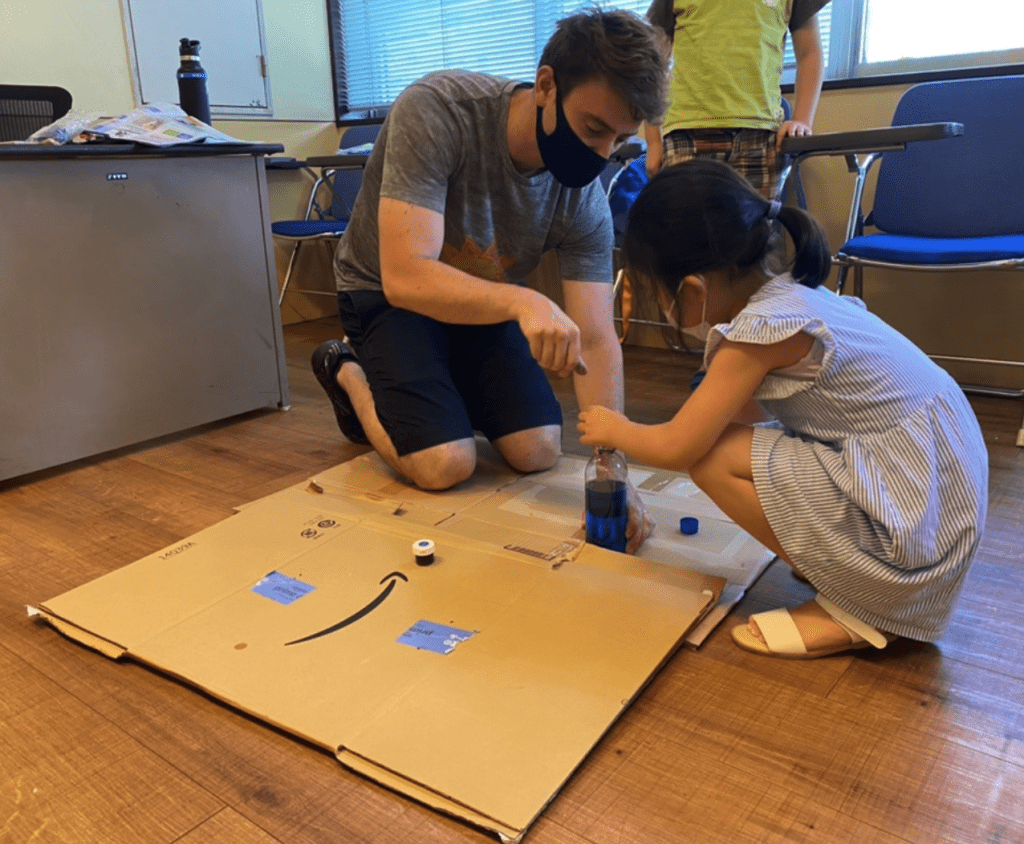
帰国子女はどのような人たちですか?
帰国子女で重要なことは、教育レベルが大きく異なるということです。 外国で何年も学校やアカデミーで勉強してきた人もいれば、幼稚園で数年遊んだだけの人もいます。 また、帰国子女の場合、海外ではどこの学校に通っていたかということも大きなポイントになります。現地の学校なのか、インターナショナルスクールなのか、それとも日本人学校なのか。 学校によっては、帰国した国の言葉ではうまくコミュニケーションが取れない帰国生もいます。 また、帰国子女は自分の学年の言葉を完璧に話せる人もいます。 レクシスでは、生徒を個人として扱い、それぞれの状況を尊重することが必要だと考えています。
帰国子女の特徴とは?
親、性格、学校、国、ライフスタイル、兄弟など、多くの変数に依存します。 これらはすべて要因です。 外国で過ごす時間が長ければ長いほど、子どもは現地の特徴や特性に順応していきます。 私の経験では、幼稚園から小学校4、5年生まで海外に行くと、現地の特徴、いわゆる「日本人離れ」した特徴を持ちやすくなります。なぜなら、この時期には多くの成長、社会化が起こるからです。

帰国子女はどのような課題を抱えているのでしょうか?
日本の文化は非常に特殊です。 人には期待されるあり方があるのです。 海外から来た学生や国際的な教育を受けた学生は、帰国後、日本や日本の教室に順応するのに苦労するかもしれません。他の生徒やクラスメートは、帰国子女がどんな言語にも流暢であることを期待するでしょう。 残念ながら、そのようなことはほとんどありません。 このような難しい期待を超えて、軽い課題としては、教室での誕生日パーティーはもうしない、といったようなことが考えられます。 また、音楽の好みが違うといった小さな問題もあります。 もっと深刻な問題は、教室での期待かもしれない。 アメリカやカナダなどの欧米諸国から来た生徒は、授業中に多くの質問をすることに慣れているかもしれません。 また、授業中の態度についても、目立つかもしれません。 また、友達を作るのに苦労することもあるかもしれません。 年上の生徒の共通の問題は、先輩・後輩の関係や、先達・後輩の関係に適応することかもしれません。 また、自分の英語力を隠してしまうようないじめもあります。 英語学校のサポートがない場合、中学や高校の授業では、自分の英語力を隠すためにカタカナ訛りの英語を話してしまうこともある。 そうすると、さらに英語力の低下と自信喪失につながる。

レクシスは帰国子女をどのように支援しているのですか?
スタッフの多くが帰国子女です。 ネイティブ講師は、配偶者が帰国子女であることもあり、その苦労や固定観念、メリット・デメリットをよく理解しています。 また、講師やスタッフの多くは親です。 私たちの子どもたちは混血であったり、海外に住んでいたり、国を行き来しているので、バイリンガル、バイカルチャル、そして国際的な違いについてよく理解しているのです。 私たちは、Lexisの生徒たちがよりよく理解できるように、自分たちの生活、子どもたちの生活、配偶者の生活などを共有しています。 さらに、授業では、すべての生徒の話を聞きます。 教師は、生徒が自分の個人的な生活について話したり、恥ずかしければそれについて書いたりする時間をたくさん与えます。 そして、先生やクラスメート、スタッフが、生徒の不安を取り除くために、自分自身の個人的な洞察を話すことができるのです。 小学校、中学校、高校で問題を抱えている生徒でも、レクシスでは仲間たちととても快適に過ごすことができる、ということが何度もあります。 私たちは、生徒が成長するための環境を提供します。
レクシスでは、帰国子女はどのような授業を受けているのでしょうか。
スピーキング、軽い会話、シリアスな会話、ビギナー・リーディング、グレードの高いアカデミック・リーディング、イマジネーション・ライティング、スコラティック・ライティング、スペリング・コース、ボキャブラリー、文法、グレードの高いテキストなど、バランスのとれたアプローチで学習しています。 これだけのコンテンツがあるのです。 私たちは採点システムを理解し、テストを知っています。LexileからCEFRまで、そしてGTEC® IELTS®、英検®、TOEFL®など、すべてのテストに対応しています。私たちはそれらを知っています。 私たちは、学習内容を丁寧に説明し、無理のないペースで進めていきます。生徒の皆さんに負担をかけないように気をつけますが、宿題はきちんとやってきてくださいね。
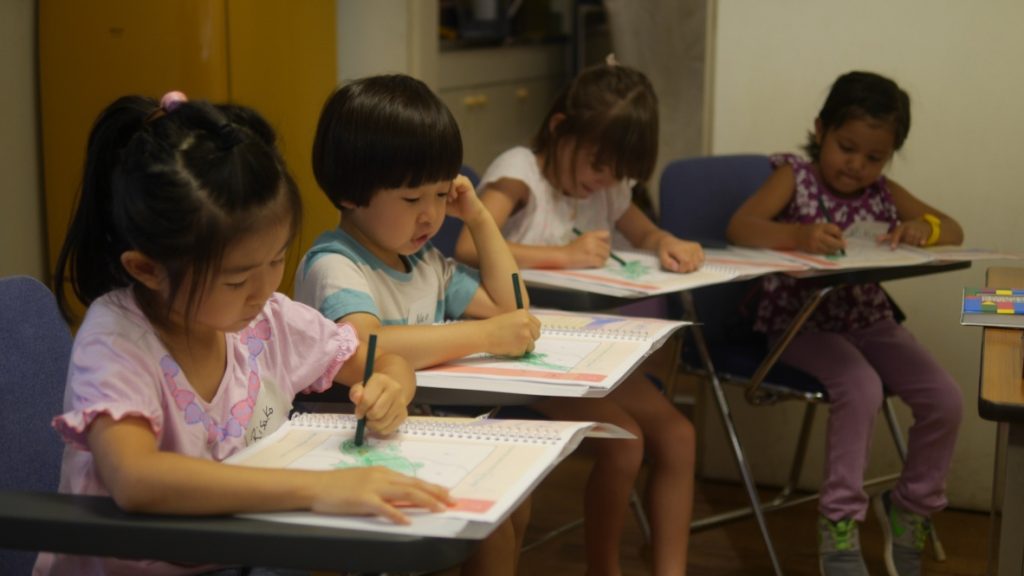
帰国子女が英語で困っていることはありますか?
もちろんありますよ! 日本人留学生がイギリスやアメリカ、インターナショナルスクール、英語アカデミーなどから帰国した場合、「完璧な」英語のアクセントを持っていることがあります。 多くの人は、彼らは英語がとても上手だと思うでしょう。 しかし、小学校4年生で帰ってきて、そのあとすぐに英語の勉強を続けない場合、アクセントは良くても英語は上達しません。 いつまでも小学校4年生のような話し方では困ります。 英語を話す環境でなくなるわけですから、自然に話せるようになることはありません。 ここが悩ましいところです。 英語の生活ではなく、英語の勉強を始めなければならないのです。 親としては、英語を勉強する時間と場所を提供する必要がありますが、それに加えて、モチベーションを維持し、英語の生活を続けるための楽しい場が必要です。 英語を話す仲間と一緒に楽しく過ごすことで、英語との絆が深まり、楽しく続けられるのです。
レクシスでは、他の学校と違うことをやっているのですか?
私たちは、生徒に本物の北米英語教育を提供することに主眼を置いています。 インターナショナルスクールの極端な価格と比較すると、私たちは手頃なオプションです。 また、数学や理科ではなく、英語を得意にすることに主眼を置いています。 また、数学や理科ではなく、英語を得意にすることに重点を置いています。レクシスでは、リーズナブルな価格で、すべての生徒に価値の高い教育を提供することを心がけています。 競合他社はハーバード大学のような安易な約束をしていますが、私たちは学生が信じられないほどの努力をしたときにのみ、その目標を達成できることを理解しています。 レクシスでは、医師、外科医、国際弁護士、東京大学やカリフォルニア大学バークレー校への進学など、信じられないような高みを目指すことができますし、実際に達成しています。しかし、それは夢を実現するために並々ならぬ努力をした結果です。 私たちは教材を提供し、生徒のやる気を引き出し、門戸を開いていますが、生徒は自ら努力しなければなりません。 私たちは、日本文化と国際文化の両方を大切にし、世界を祝福し、学びます。 北米訛りの英語を学びながら、グローバルな教育を受けられるよう、教材は世界中から調達しています。 四半世紀以上の経験から、私たちは英語を維持するだけでなく、英語を向上させ、生徒がLanguageに秀でるための方法を知っています。

レクシスには、どのような学生が来ていますか?
もちろん、すべての生徒を受け入れています。 私たちの生徒の多くは、海外に住んでいた日本人の子どもたちです。 また、外国人家庭の子どもたちもいます。 また、日本人ではないが、日本を母国とする生徒もいます。 また、日本で生まれた生徒もいれば、そうでない生徒もいます。 レクシスでは、英語に重点を置いていますが、多様な生徒のバックグラウンドを受け入れる教室を大切にしています。 私たちの帰国子女や留学生の出身国は、以下の通りです。イギリス、インド、アメリカ、ミャンマー、韓国、中国、インドネシア、ケニア、スリランカ、イギリス、ロシア、オーストラリア、メキシコ、エジプト、シンガポール、カナダ、アイルランド、マレーシア、フランス、ドイツ、ノルウェー、ポーランド、ブラジル、ドバイ、UAE、ベトナム、などなど、たくさんの国から帰国子女や留学生が来ています。
レクシスには、どのような大人の生徒が来ているのでしょうか?
レクシスには、25年以上通い続けている大人の生徒さんがたくさんいます。 また、帰国子女のお母様、お父様、お祖母様にも安心して通っていただいています。 また、帰国子女のお母さん、お父さん、おじいちゃん、おばあちゃんも安心して通ってくださっています。講師陣にも誇りをもっています。 多くの生徒が、Lexisでずっと同じ先生と楽しく過ごしています。 しかし、私たちはすべての生徒に門戸を開いており、スタッフ全員が日本についてかなり詳しいです。 海外に行ったことがない人、海外に住んだ記憶がない人も、日本での生活について楽しく語り合いましょう。
英検吉祥寺!レクシスで3週間英検®コース (試験は2025年度 第3回目の試験) 2026年1月冬
2025 夏休み英語サマースクール Lexis Summer Day Camp: Glow Together
( Sold out! 😰) 春休みスプリングスクール 2025 Science & Nature Spring Camp レクシス吉祥寺
Winter School - International Day Camp 2024 令和6年冬休み@レクシス吉祥寺
吉祥寺で3週間英検ショートコース2024秋🍁
帰国後、英語を忘れてしまう帰国子女 2025 Forgetting English After Coming Back to Japan
文責:ジャレッド
質問と回答 帰国子女について (English)
What are Kikokushijo?
In short, it means returnee to Japan. These students may have been born abroad or in Japan, but they have spent significant time outside of Japan and have then returned to Japan. It does not mean returnee girl, it does mean returnee student. The phrase 帰国子女 has the kanji 「子女」which typically means girl. However, at one time this kanji only meant child. Times have changed and we don't use 子女 for boys anymore, but the phrase 帰国子女 continues to use 「子女」 regardless of gender.


What kind of kikokushijo / 帰国子女 students are there?
An incredibly important thing to remember about returnee students is that their education level will vary dramatically! Some have gone through years of education in foreign countries, studying at a school or academy, while others simply played at kindergarten for part of a few years. Another huge factor in returnee students is: where did they go to school when abroad? Did they go to a local school, an international school, or a Japanese school? Depending on the school, some returnee students will not be able to communicate well in the language of the country they returned from. Other returnee students will speak the language perfectly for their grade level. We find at Lexis that we need to treat students as individuals and respect each situation!
What are the characteristics of returnees?
It depends on many variables: parents, personality, school, country, lifestyle, siblings. These are all factors. The longer a child spends in a foreign country, the more he or she will adapt the local traits and characteristics. From my experience, students are more likely to take on local or so called "non Japanese" traits if they go abroad from kindergarten to 4th or 5th grade of elementary school. This is because so much growing up and socialization occur during these times.


What kind of challenges do kikokushijo / returnees face?
Students coming from abroad or educated internationally may have trouble adapting to Japan and Japanese classrooms upon return. Other students and classmates may expect the returnee student to be fluent in whatever language they were exposed to. Unfortunately, this is almost never true. Beyond this difficult expectation, day to day issues such as a lack of birthday parties, or differences in music tastes may bother students. More serious challenges may be classroom expectations. Students coming from western countries such as the USA or Canada may be used to asking many questions in class. They may also stand out because of their attitude about how to behave in class. Students may also have some initial trouble making friends. A common problem for older students may be adapting to senior / junior relations or 先輩 / 後輩 relations. Bullying may even be present, to the point where returnee students will completely hide their English ability. In cases where students don't have the support or confidence given from teachers and peers from a good environment, a student may speak English with a katakana accent during their junior high school or high school classes, just to hide their ability. This will further lead to a loss of skill and confidence in their English abilities.
How can we help returnee / kikokushijo students?
Many of our staff are kikokushijo! Many of our native English teachers also have spouses who are returnees too, so they are well aware of the struggles, the stereotypes and the advantages and disadvantages. In addition, many of our teachers and staff are parents. Our children are mixed race, or have lived abroad, and travel back and forth between countries, so we are well aware of bilingual, bicultural, and international realities. We share our lives, our children's lives and our spouses lives with Lexis students to help them better understand. Furthermore, in class we listen to all our students! Teachers give each student plenty of time to talk about their own personal life, or to write about it if students feel shy. Then teachers, classmates and staff can share their own personal insights to relieve student anxieties. Time and time again, even if a student is having trouble at their regular school, they will feel very comfortable with their peers at Lexis. We provide an environment to help students grow.
What kind of lessons do kikokushijo/ returnee students have at Lexis?
We use a balanced approach containing: speaking, light conversation, serious conversation, beginner reading, graded academic reading, imaginative writing, scholastic writing, spelling courses, vocabulary, grammar, and graded textbooks. That's a lot of content! We understand grading systems and we know tests: From Lexile to CEFR and all the tests such as GTEC® IELTS®, EIKEN®, TOEFL®... We know them. We break it down carefully and present it at a reasonable pace. We are careful not to overwhelm students, but do ask that students stay on top of their homework!
Are there problems returnee / kikokushijo have with English?
Of course there are! If a Japanese student comes back from England, the USA, an international school, English academy, etc, they may have a "perfect" English accent. Many people will assume they know English very well. However, when a student comes back in 4th grade of elementary school and does not continue studying English immediately after, their accent will be good but their English will not improve. We don't want to talk like a 4th grader forever. Since the student is no longer in an English speaking environment, the language will no longer come naturally. This is the point where students begin to have trouble. They have to start to study English rather than live English. As parents, we need to provide a time and place for them to study English, but in addition they need a fun place to keep up the motivation and continue living in English. Being with other English speakers and enjoying time together helps tighten the bonds students have with the language, while continuing to have fun with it.
Does Lexis do anything different than other schools?
Experienced teachers mean students learn more effectively. Our main focus is giving students a real North American English education. Including the fun parts. Rather than sending students to international schools, Lexis can be done in tandem with Japanese schooling. We primarily focus on how to excel using English. This means we will be covering STEAM topics at times, and traditional literature at other times. Importantly, we are committed to providing high value education to all of our students. While our competitors make easy promises of Harvard University, we know that students can only achieve those goals when they put in incredible amounts of effort. At Lexis, our students can and have reached incredible heights, such as becoming doctors, surgeons, international lawyers etc, and attending schools like the University of Tokyo, Stanford, NYU and UC Berkley... BUT only after working extraordinarily hard to achieve their dreams. We provide the materials, we motivate our students, and we open the doors, but our students have to do the work. We value both Japanese and international culture, so we celebrate and learn about the world around us. We source our materials from around the world to make sure students get a proper global education while still learning English from those with a North American accent. With more than a quarter century's worth of experience, we know how to not just maintain English or keep English, but improve English, and help students to excel at the language.
What kind of students come to Lexis?
We are open to all students of course. Many of our students are Japanese children who have lived abroad. Others are children with mixed race families. A few of our students are not Japanese at all, but have chosen Japan as a homeland. Some of our students were born in Japan while others were not. At Lexis our focus is on English, but we love our diverse classrooms and embrace all student backgrounds. Our returnee and international students have come from countries including: The UK, India, the USA, Myanmar, Korea, China, Indonesia, Kenya, Sri Lanka, England, Russia, Australia, Mexico, Egypt, Singapore, Canada, Ireland, Malaysia, France, Germany, Norway, Poland, Brazil, Dubai, UAE, Vietnam and many many more.
What kind of adult students come to Lexis?
Many of our adult students have been coming to Lexis for more than 25 years! Quite a few of them were once Kikokushijo themselves. Furthermore, mother, fathers, and grandparents of returnee children feel comfortable coming to Lexis because of our experience. We take pride in our teachers. Many students have enjoyed working with the same teacher for their entire time at Lexis. We are open to all students however, and all of our staff is quite knowledgeable about Japan. So if you have never been abroad or can barely remember living abroad, we can have plenty of fun discussing life in Japan!
Written By Jared




